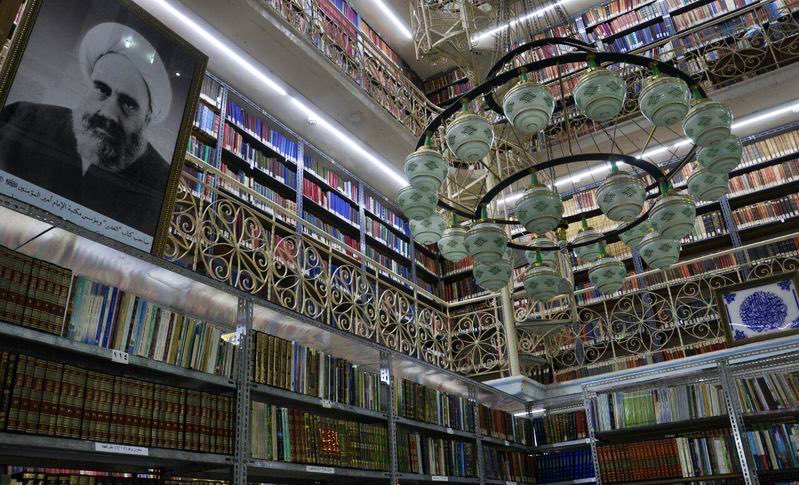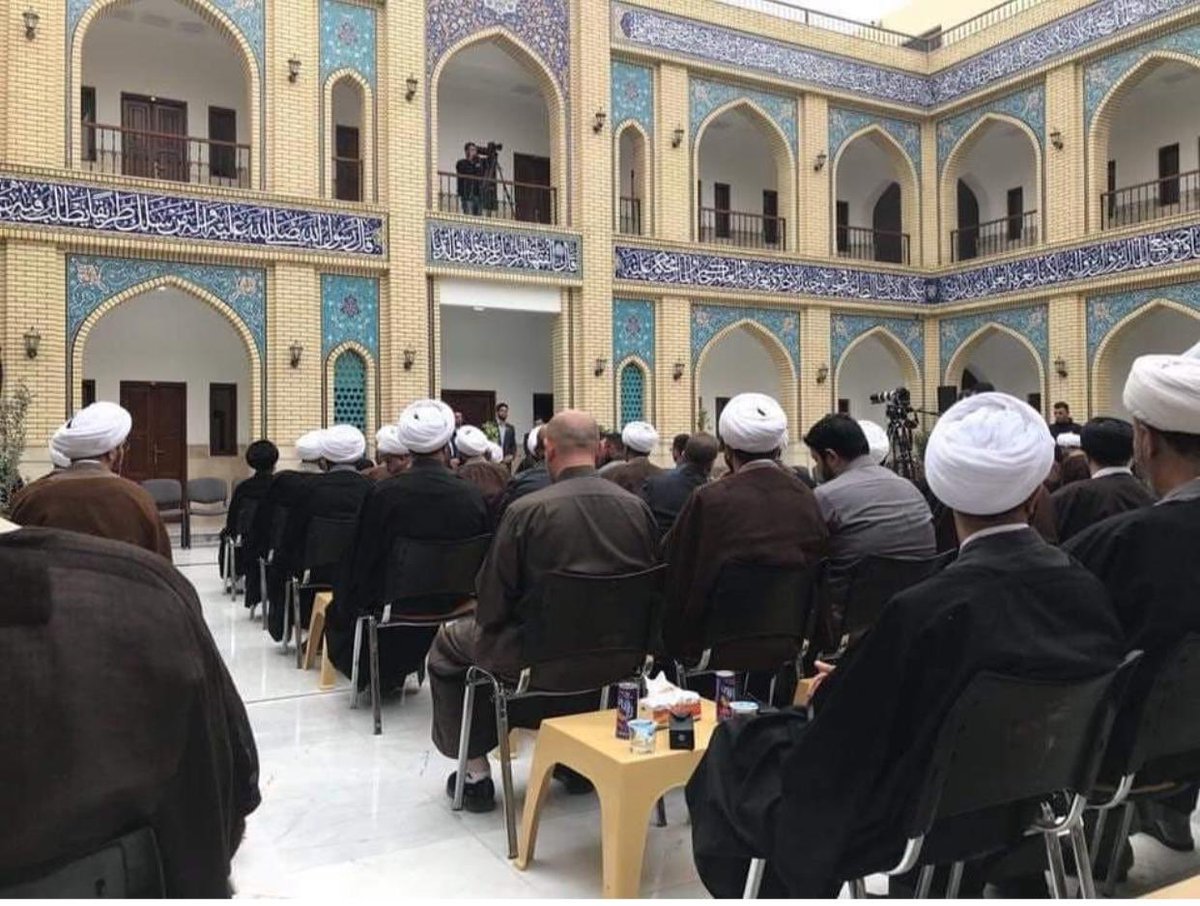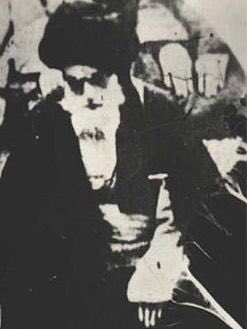
Many misinterpret the statement of Lady Zainab, “I saw nothing but beauty” as some kind of mystical esoteric code, or a reference to ghastly monstrosity. Not quite.
Context is key. It‘s in response to a question posed by the tyrant: “How did you see God’s actions toward you?”
Context is key. It‘s in response to a question posed by the tyrant: “How did you see God’s actions toward you?”
What this means is obvious: insofar as the crimes of the Umayyads, they are the greatest and most heinous anyone has ever seen. But in the eyes of this holy saint, God is exalted from the actions of the wicked ones. What He does to His righteous creatures is beautiful in the end.
She isn’t referring to the heart-wrenching and macabre massacre of the Prophet’s family, which is worthy of the tears of angels and the heavens for eternity. Nothing about that was beautiful or good. In a way, she’s refuting the deterministic fatalism implied in his question.
Also note that she was speaking to the tyrant who oversaw the bloodbath. Zeinab is telling him that as you revel in your victory, you don’t see what I see: this is a short-lived joy. Hussein is now the catalyst for a spiritual revolution and ignited a fire that will never subside
That while you think you’ve been able to destroy the last bulwark standing in the way of your coup that began in Saqeefa 50 years ago, in the grand scheme of things, you’ve done the exact opposite. Your audacity against God and His Messenger will backfire in cosmic proportions
• • •
Missing some Tweet in this thread? You can try to
force a refresh






















